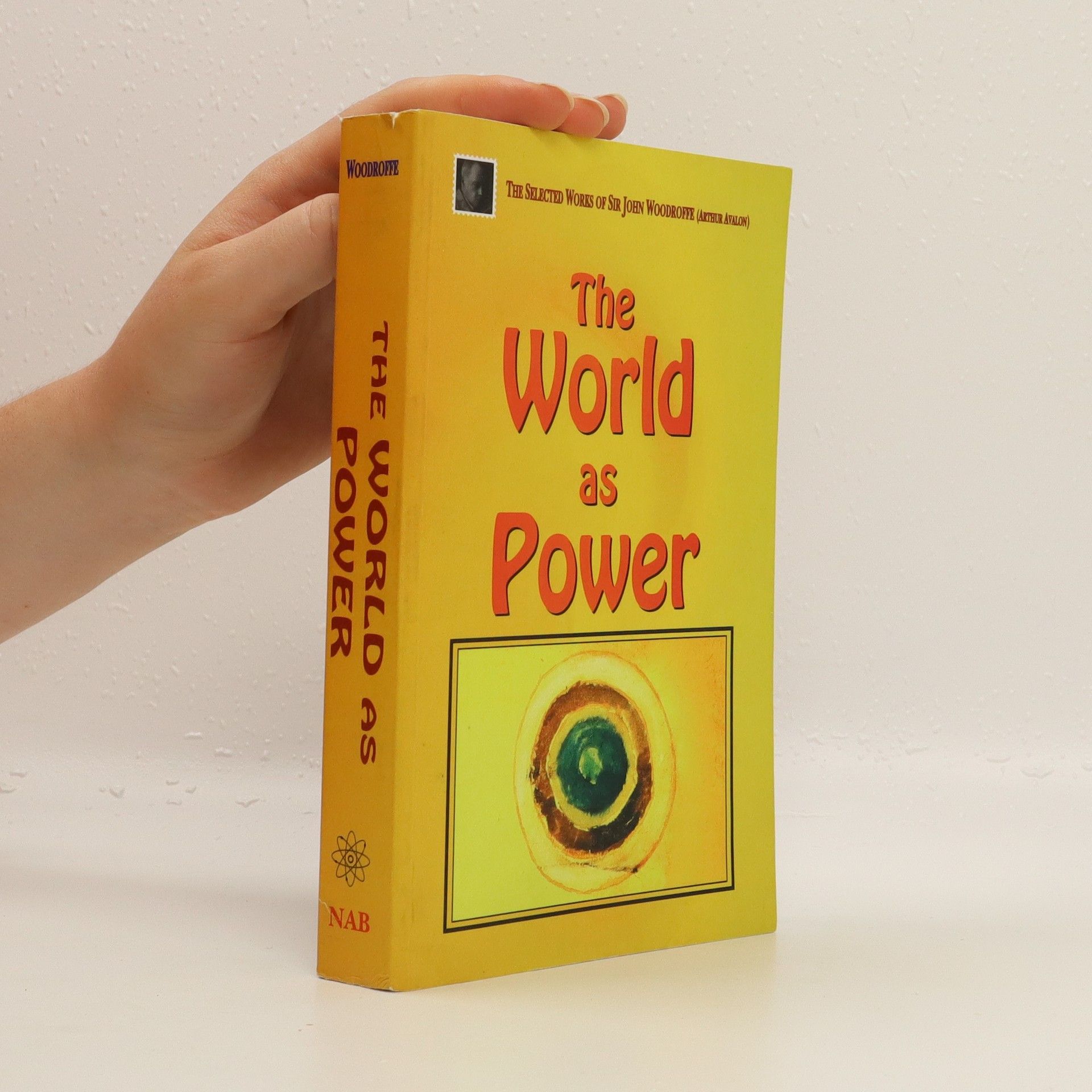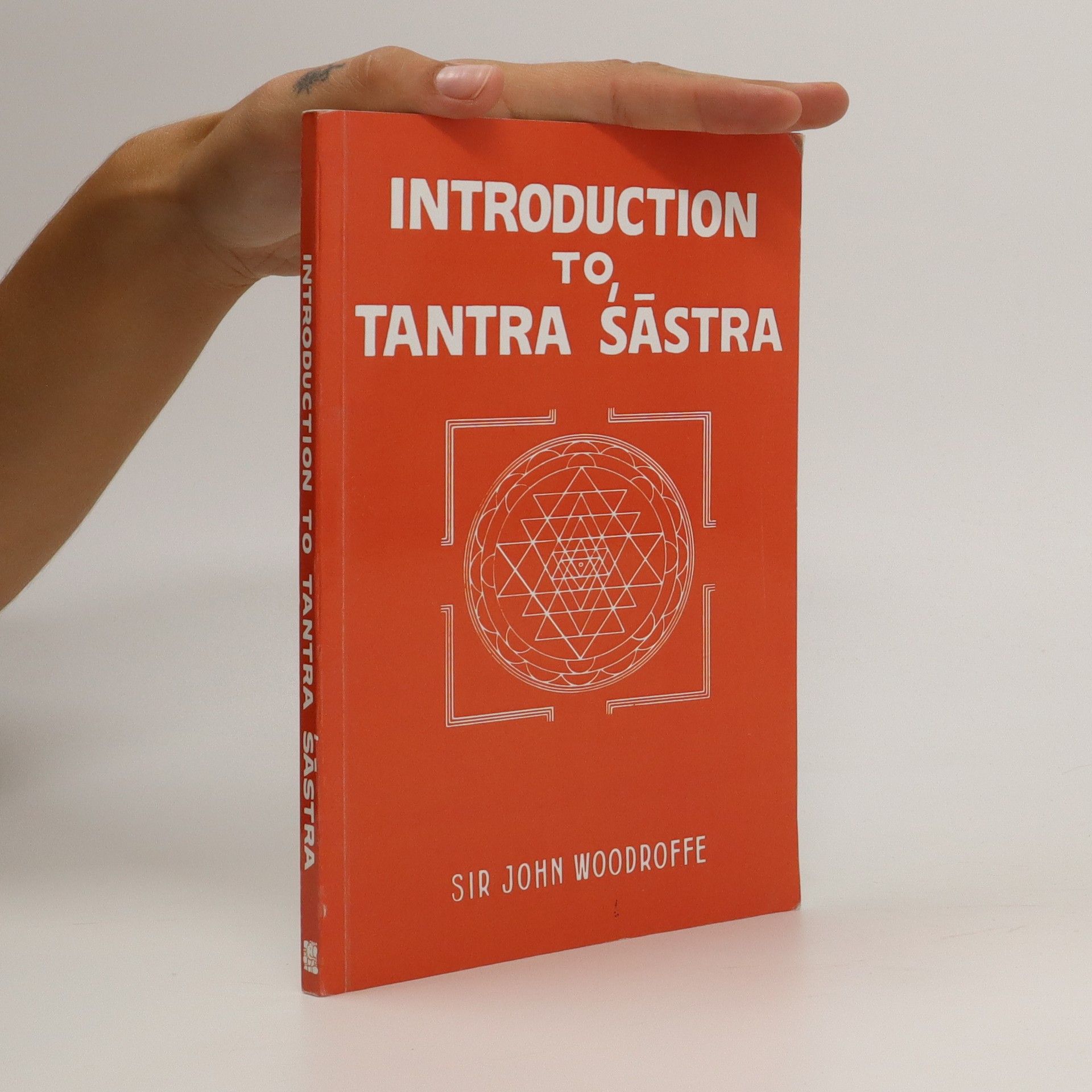Tantrabhidhana
With Vija-Nighantu and Mudra-Nighantu
John George Woodroffe, der hauptsächlich unter dem Pseudonym Arthur Avalon veröffentlichte, war ein Orientalist mit einer tiefen Spezialisierung auf Sanskrit und hinduistische Philosophie. Sein Werk tauchte tief in die spirituellen und philosophischen Traditionen Indiens ein. Avalon widmete sich dem Studium und der Interpretation klassischer indischer Texte und machte deren Weisheit für die westliche Welt zugänglich. Seine Forschung beleuchtete die Komplexität des indischen Denkens und spiritueller Praktiken.





With Vija-Nighantu and Mudra-Nighantu
Originally the extended introduction to a translation of the Mahanirvana Tantra by "Arthur Avalon" (a collective pseudonym for Woodroffe and an unnamed collaborator), this is a sufficiently general treatment to repay reading apart from the work to which it was originally attached.
Exploring the depth of Indian culture, this collection features essays and addresses by Sir John Woodroffe, who delves into the philosophical and spiritual dimensions of Indian traditions. Written during a time of cultural awakening, the work emphasizes the significance of understanding India's rich heritage, including its art, religion, and social practices. Woodroffe's insights aim to bridge Eastern and Western thought, celebrating the unique aspects of Indian identity and advocating for a deeper appreciation of its cultural contributions.
There is a Supreme Reality that is Eternal and Indefinable. It is an Absolute, inconceivable and ineffable- the Brahman. Unknowable in its utterness, this Reality presents itself to us in three supreme terms of its Truth: an absolute Existence, Sat; an absolute Consciousness, Cit; and an absolute Bliss, Ananda. This is the poise of Brahman turned towards self-revelation. It perceives itself as an infinite Existence; not a mere existence but a Being with full awareness of all that It is, an infinite Consciousness. This Consciousness inherent in the supreme Being is no static awareness it is instinct with a Power, a Force dynamic with all the content of the Consciousness. And the nature of this selfconscious Existence is an inalienable Delight. All is a manifestation out of this triune status of the Eternal, Sat-Cit-Ananda. All is contained in the infinite Being of Brahman; it is brought out and released into a plenitude of manifestation by the Consciousness-Power innate in Himself for the sheer Delight of His Becoming. It is His own Consciousness as Power, the Cit-Sakti, that pours out the potentialities held in the infinitude of Brahman, throws up Forms from out of the Formless depths of the Eternal. The Seers of the Veda speak of it as Maya, the power that measures (miyate anena iti maya) out of the Immeasurable, the Force by which all is shaped out. This is the theme of the present book by Sir John Woodroffe.